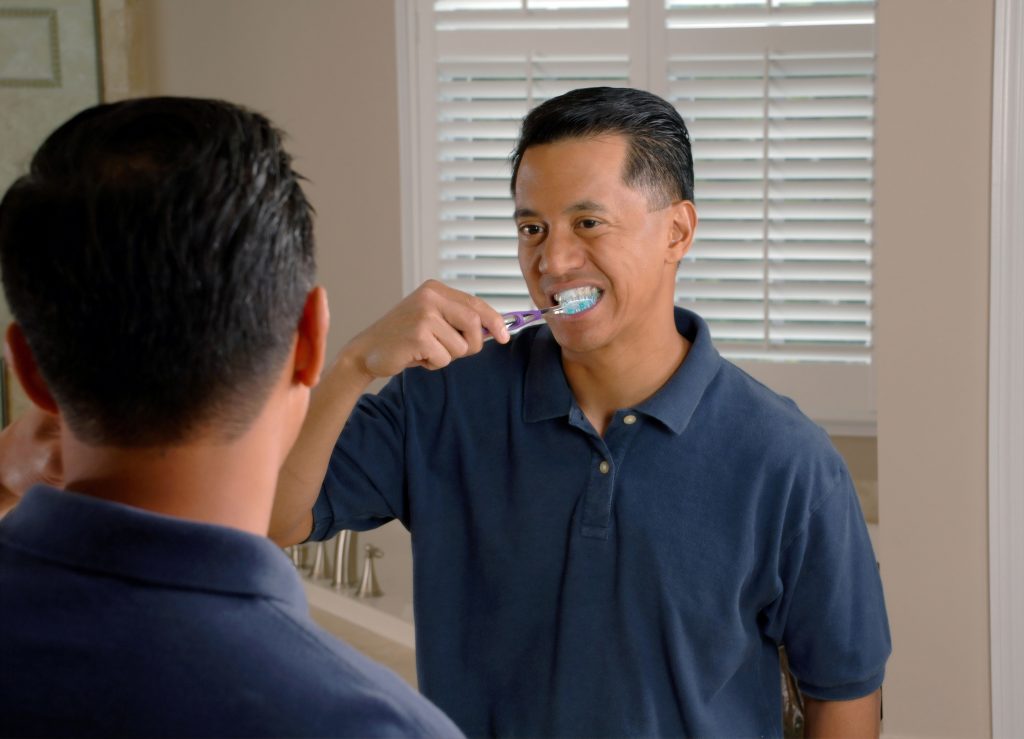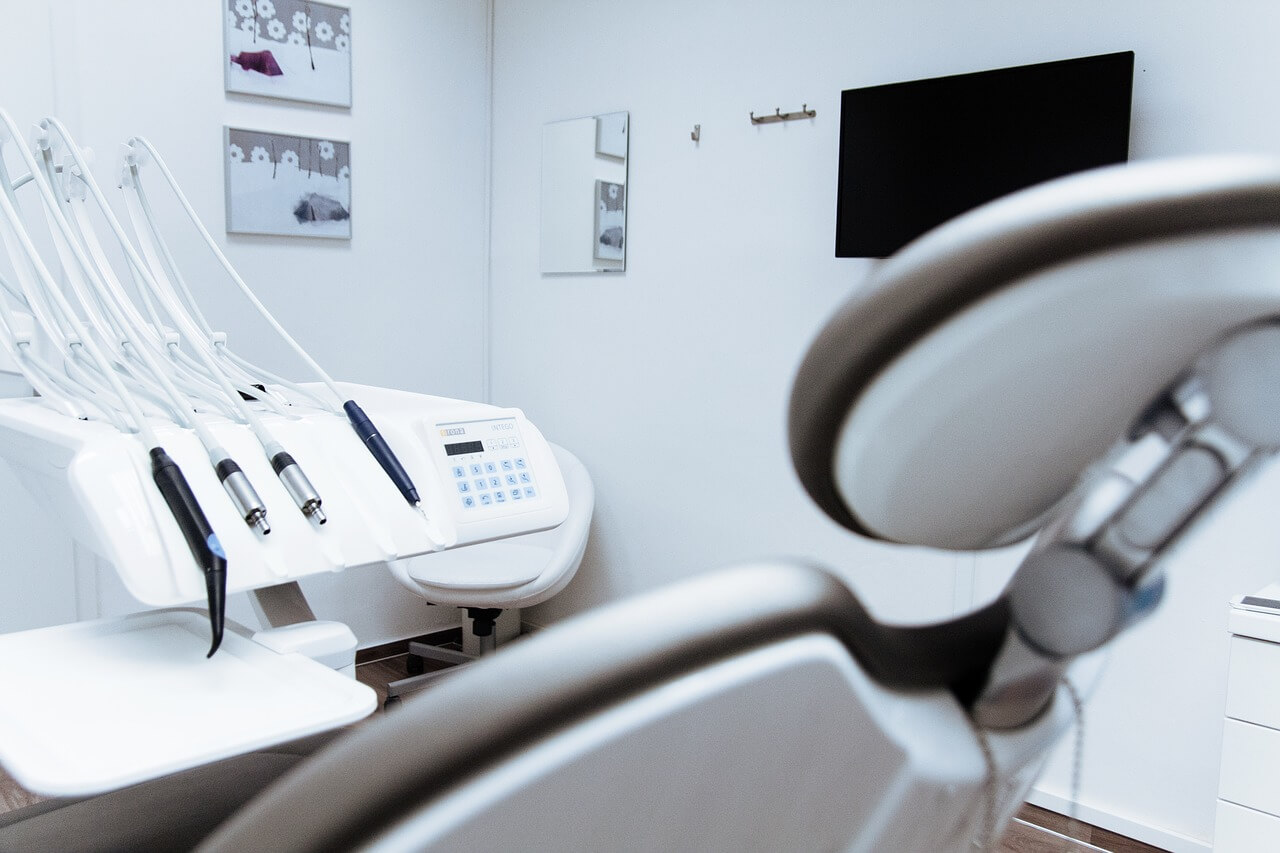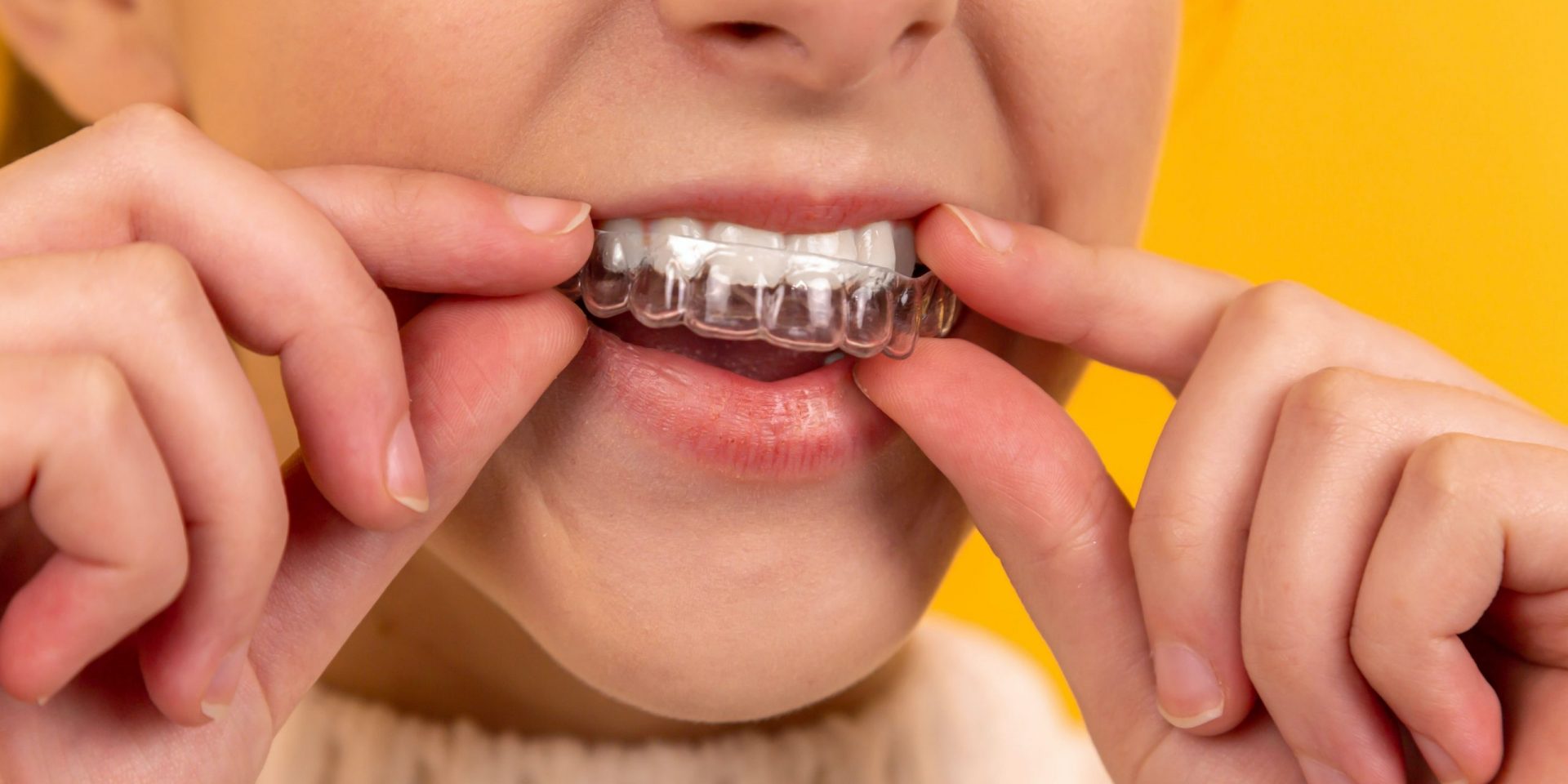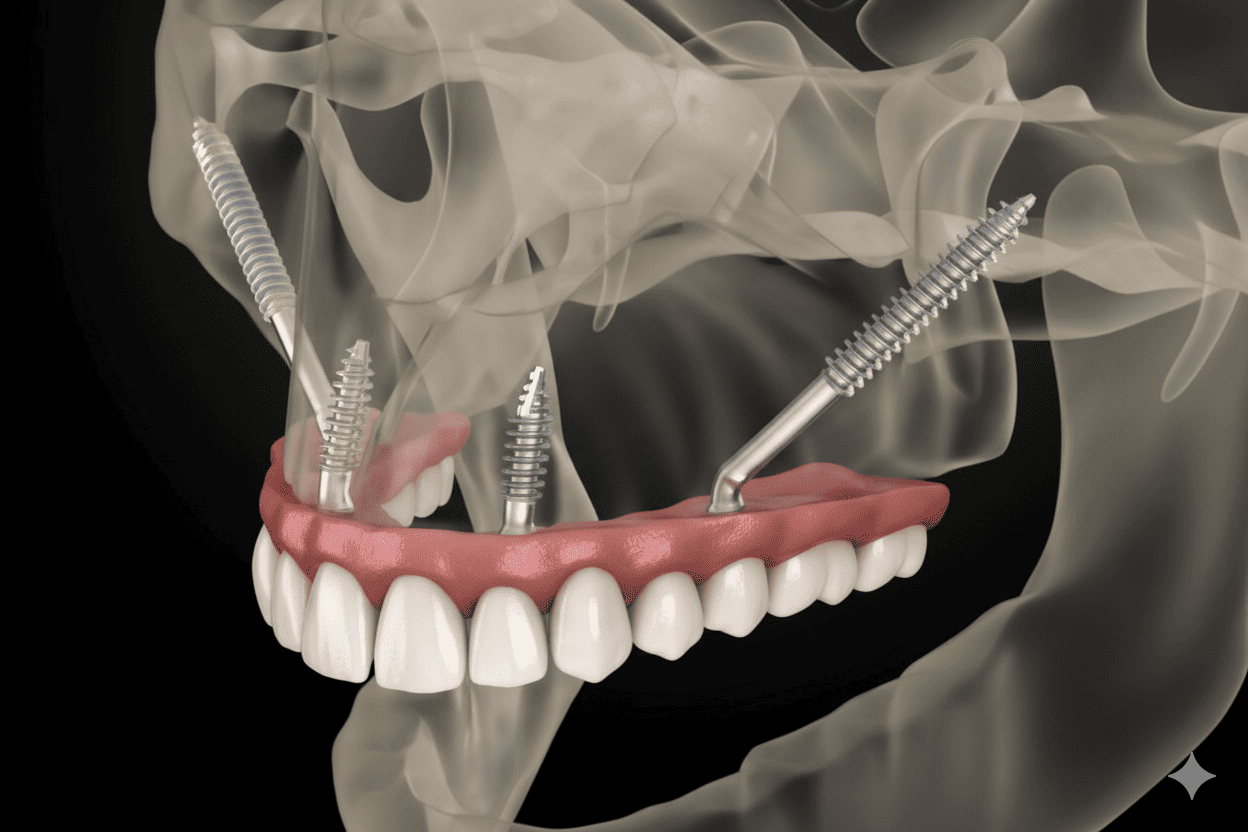
How to Care for Your Composite Bonding
Essential Aftercare for Your Composite Bonding
If you're insecure about chipped, broken or discoloured teeth, composite bonding is a brilliant way to transform your mouth and create your dream smile. It gives quick results, is cost-effective and will leave your teeth feeling brand new.
If you're considering or have undergone the procedure of composite bonding, you must follow some aftercare instructions to ensure they last and wear well. Keep reading to discover exactly how to care for your composite bonding.
What is Composite Bonding?
Composite Bonding is a straightforward composite dental procedure. A dentist will first colour match your teeth and select the perfect colour resin to match your smile. The dentist will then prep the surface of your tooth before applying a liquid that will help the resin stick. The composite resin will then be applied and shaped onto your tooth to your desired outcome. Finally, the dentist will use an ultraviolet light to harden the material and complete your treatment.
Why Do People Get Composite Bonding Treatment?
There are a number of reasons someone may get composite bonding treatment:
- To fix a chipped tooth
- To improve tooth discolouration
- To restore a damaged tooth
- To close small gaps between teeth
- To change the shape or size of teeth
- To protect exposed tooth roots
Is Composite Bonding Bad for Teeth?
A common question from potential patients is whether composite bonding is bad for your teeth. The short answer is, no. Composite bonding is not a very invasive dental procedure - so there is no damage to teeth on application. The procedure is also not permanent, the only risks are that the resin may chip or deteriorate after a few years. However - this doesn't affect your natural teeth.
How to Prepare for Teeth Bonding?
There is little to no preparation required before you undergo the procedure of tooth bonding. However, before your appointment, you must have a consultation or conversation with your dentist to ensure you are eligible for this procedure. If your tooth damage or decay is too severe, you will have to look at other options.
How to Care for Composite Bonding After Your Treatment
There are several ways to care for your composite bonding following treatment, each one helping the longevity of your bonding. Following the aftercare advice, you can prevent chipping, breaking and staining of your bonding.
1. Regular Brushing and Flossing
One of the most important ways to care for your composite bonding is with regular brushing and flossing. Making sure to brush twice daily and floss at least once a day will ensure a healthy mouth and lessen the risk of decay with clean teeth.
Pro Tips:
- Use a soft-bristled toothbrush to avoid scratching the bonding
- Choose a non-abrasive toothpaste
- Brush gently in circular motions
- Don't forget to brush along the gum line
2. Avoiding Foods, Drinks and Anything That May Stain Your Teeth
Another way to ensure your composite bonding stays looking its best is to avoid foods that may stain or alter the colour. Some of these drinks may include red wine, coffee and fruit juices and any foods with artificial colouring like candies. Smoking cigarettes and using chewing tobacco is also likely to stain both your bonding and natural teeth yellow.
Foods and drinks to limit:
- Coffee, tea, and red wine
- Dark berries and fruit juices
- Tomato-based sauces
- Curry and turmeric
- Dark chocolate
- Balsamic vinegar
3. Avoiding Bad Habits
To minimise the chance of your composite bonding chipping, and breaking - there are a few bad habits to avoid. These habits are things such as biting your fingernails, the tops of pen lids or any other objects that are likely to wear down your composite bonding over time.
Habits to avoid:
- Nail biting
- Chewing on ice
- Using teeth to open packages
- Biting pens or pencils
- Grinding or clenching teeth
4. Drink Lots of Water
Drinking lots of water across the course of the day is a surefire way to keep your mouth clean and composite bonding healthy. Water will help to remove any leftover food debris and stabilise your mouth's acidity levels, therefore keeping your teeth clean.
Benefits of staying hydrated:
- Rinses away food particles and bacteria
- Neutralizes acids that can damage bonding
- Stimulates saliva production
- Helps prevent dry mouth
Additional Care Tips
Regular Dental Visits
Schedule regular check-ups and cleanings with your dentist. Professional cleanings can help maintain the appearance of your bonding and catch any issues early.
Use a Night Guard
If you grind your teeth at night, ask your dentist about a custom night guard to protect your bonding from excessive wear.
Be Gentle with Flossing
While flossing is important, be gentle around bonded teeth. Use a soft flossing technique and consider using a water flosser for added gentleness.
When to Contact Your Dentist
Contact your dentist immediately if you experience:
- A chip or crack in your bonding
- Sharp edges that cut your tongue
- Discoloration that doesn't improve with cleaning
- Sensitivity or pain
- The bonding feels loose or different

Should I Book an Emergency Dental Appointment?
Learn when to book an emergency dental appointment, what counts as a dental emergency, and how to get urgent care in South London.

Train Tracks vs Invisalign: Which is Better?
Comparing train track braces and Invisalign: discover the pros, cons, differences, and which option may suit your needs best.

Tooth Implant Solutions After Extraction
Learn how dental implants can restore your smile after tooth loss with care available in Purley, Morden, and Surbiton.
